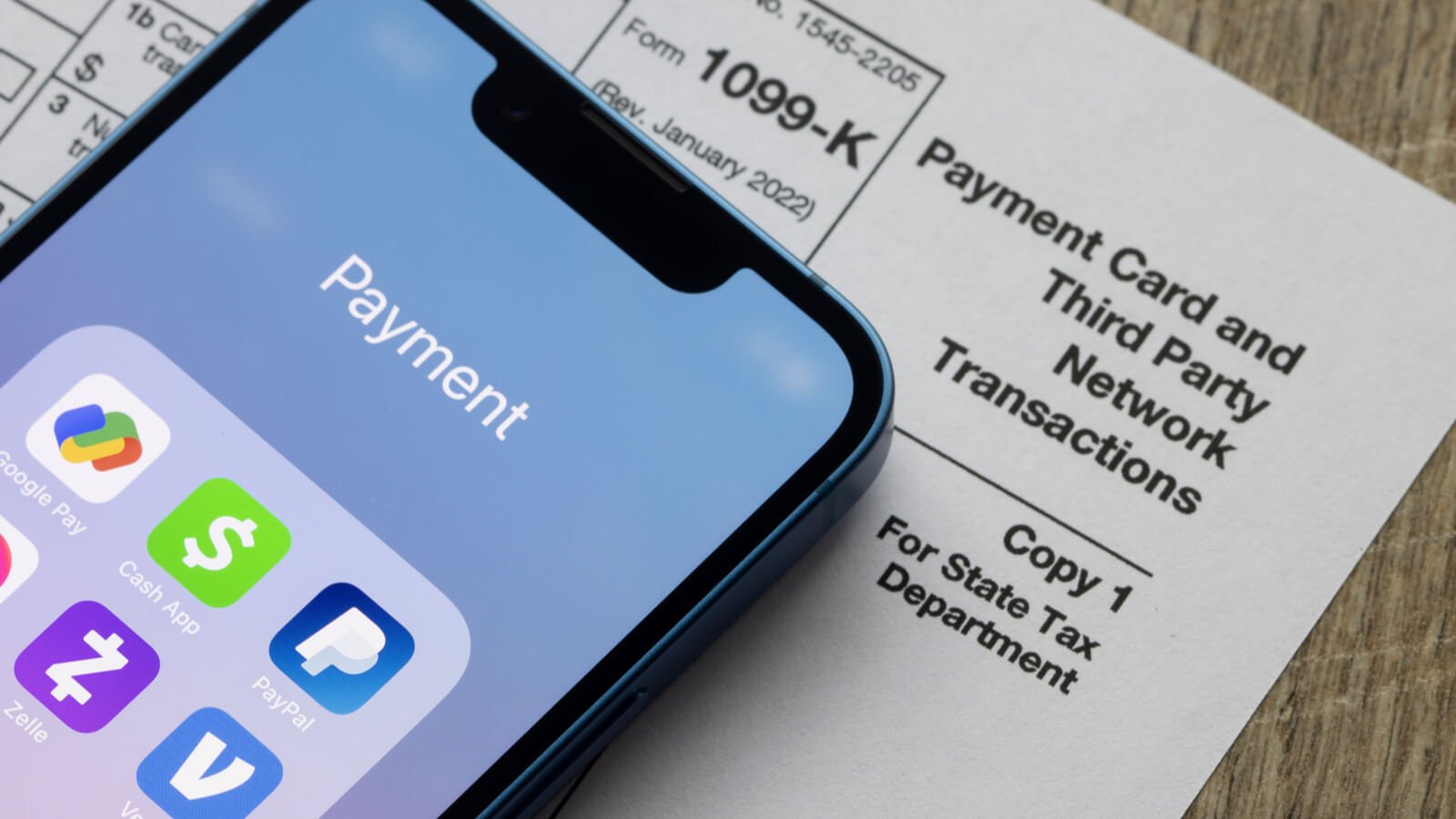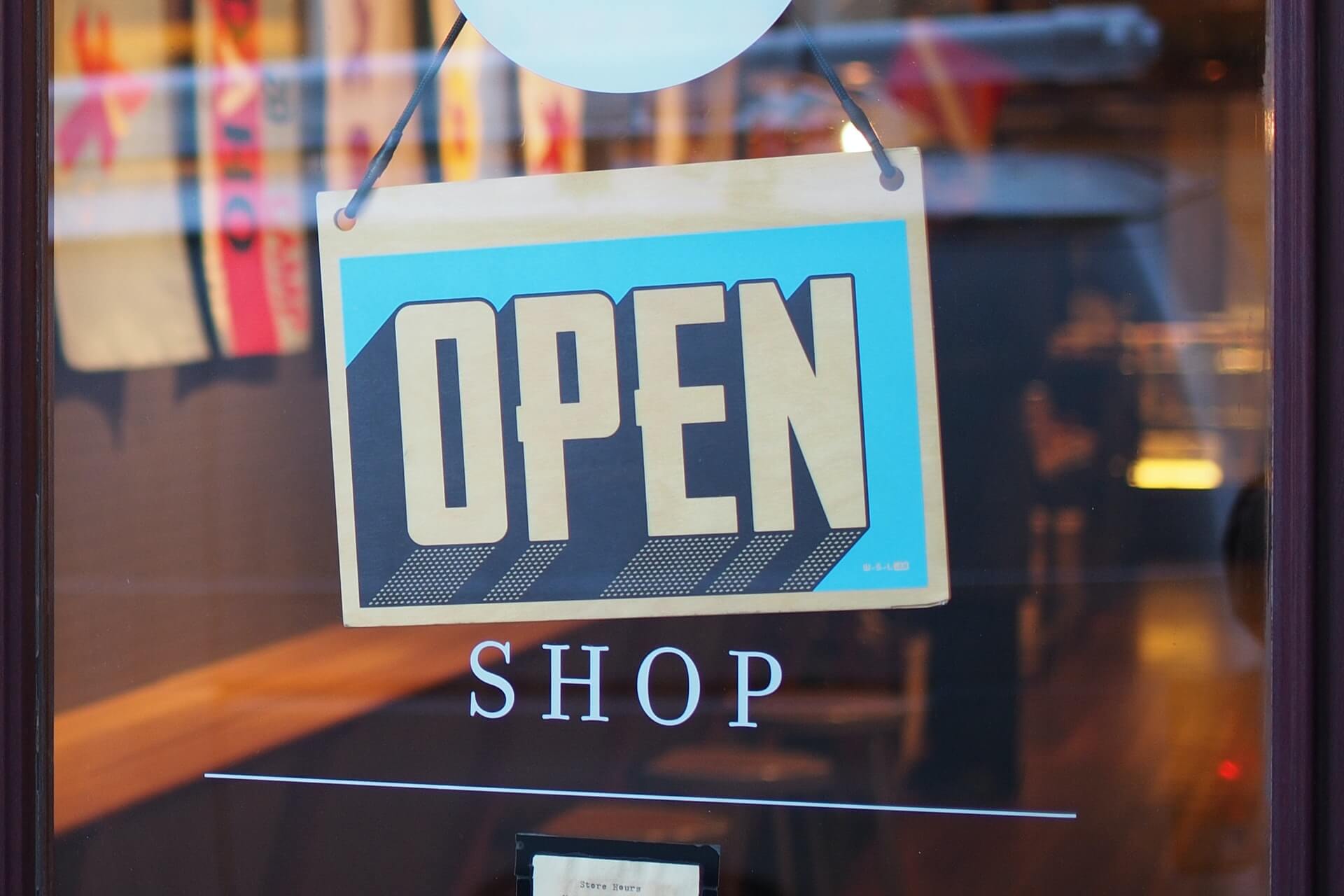Payment apps like PayPal and Venmo are required to report business transactions of $600 or more to the IRS starting this year. Here’s what small business owners need to know.
Small business owners, get ready for another possible 1099 form to look out for this year.
A new federal tax law requires you to report any transactions over $600 made on payment apps like PayPal and Venmo on your tax return. You’ll receive Form 1099-Ks for any applicable income. The rule was passed last March as part of President Joe Biden's American Rescue Plan and takes effect this tax year.
This may not seem like a big deal since business owners who used those platforms have always needed to report those transactions to the IRS. However, apps like PayPal didn’t always send you a 1099 to report your earnings. Now they will — as long as your transactions meet the $600 threshold.
Personal payments on the apps aren’t affected by this rule, only commercial ones are. So the $700 you’ve accumulated from your friends paying you back for dinner is safe.
Learn below how this rule might affect you and what you should do differently this tax year.
What was the old rule?
In prior years, you were always required to report your business income through payment apps — regardless of the amount.
However, payment apps only ever reported what you made to the IRS if it was more than $20,000 over more than 200 transactions. People in those scenarios would receive a Form 1099-K from the appropriate payment app.
Small business owners who didn’t meet those criteria but still used payment apps to receive income didn’t receive a 1099. Not reporting that income on your tax return, even if you didn’t receive a 1099-K for it, could lead to audits and questions from the IRS.
What’s the new rule?
Starting this tax year, there won’t be a $20,000 threshold. Now, the threshold for payment apps to report your income to the IRS is only $600.
You’ll receive a 1099-K from the applicable payment apps in 2023 for this year’s transactions. When the apps send you a copy of your 1099-K, they also send a copy to the IRS — so they know exactly how much you were paid.
This new rule could make it easier for you to accurately report your income because you’re actually receiving a 1099 for it. However, you should still be tracking your income through your apps accurately in your accounting software.
What should I do differently?
You should still report your income via payment apps on your tax return. The difference is now the IRS will be able to tell if you’ve underpaid or overpaid more immediately.
If you’re expecting a 1099-K from a payment app and haven’t received it by your filing deadline, file a tax extension and file your tax return later. You should wait until you have all of your 1099s, K-1s or other forms that show your income so you could accurately report to the IRS.
When you underpay your taxes due, you might have to pay the IRS more later — which could disrupt your cash flow.
It’s also important to distinguish between personal and business transactions. This is where good accounting software and practices are crucial. Separating them appropriately helps you keep your books clean and better qualify for deductions.
The bottom line
Starting this tax year, you might receive 1099-Ks from payment apps like PayPal and Venmo if you receive more than $600 of commercial income on them.
While small business owners have always needed to report their income on those apps, they didn’t always receive a 1099-K along with it. This will help the IRS know exactly how much you were paid and find out if you paid them the right amount.
If you need help reporting your 1099s (or issuing them to your employees), schedule a free call with a member of our team. You should spend your time working on the parts of your business that love — not stressing over taxes.








